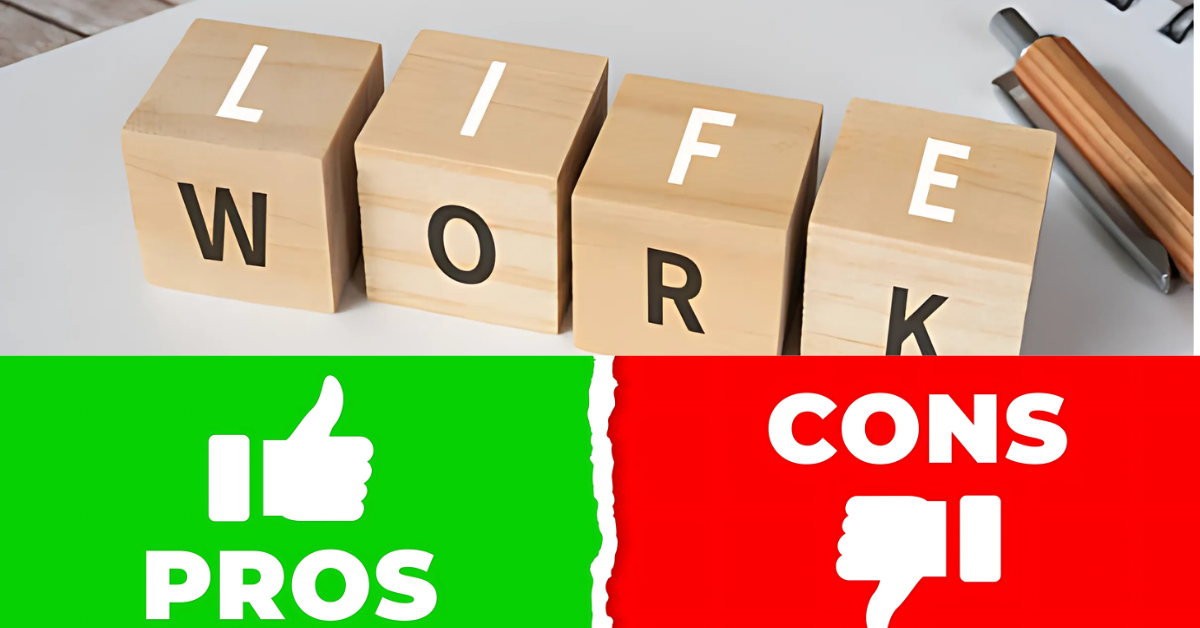PHP Full Form
PHP stands for “Hypertext Preprocessor.” It might sound a bit like a recursive acronym, but its importance goes far beyond its name. PHP is an open-source scripting language, primarily used for web development and server-side scripting. With its simplicity and versatility, PHP has become a cornerstone of the web. In this article, we’ll delve into PHP full form, its history, and its significance in the world of programming.
PHP Full Form in Hindi
PHP का मतलब “हाइपरटेक्स्ट प्रीप्रोसेसर” है।
The Origins of PHP
Originally, PHP stood for “Personal Home Page.” It was created by Rasmus Lerdorf in 1994. Rasmus developed PHP as a tool to manage his personal website’s traffic and to collect visitor statistics. Gradually, it evolved into a scripting language that could perform various tasks on web servers.
The Transition to “Hypertext Preprocessor”
In 1995, PHP was completely rewritten, and that’s when the abbreviation changed from “Personal Home Page” to “Hypertext Preprocessor.” This new name reflects the language’s ability to process data on the web and generate dynamic web pages.
What Does PHP Do?
PHP is a server-side scripting language. When you request a web page, the server processes the PHP code before sending the HTML to your browser. This dynamic approach allows PHP to interact with databases, create session management systems, and perform a wide range of functions that enhance website functionality.
The Popularity of PHP
PHP’s versatility, ease of use, and extensive community support have made it one of the most popular scripting languages for web development. Notably, PHP powers many popular websites, including Facebook and WordPress. It’s an excellent choice for both beginners and experienced developers.
The Power of PHP
Now that we know what PHP stands for, let’s explore why it’s such a powerhouse in web development.
- Versatility: PHP is incredibly versatile. It can be embedded within HTML code, making it seamless to integrate dynamic content into web pages. Whether you want to create a simple contact form or a complex e-commerce platform, PHP can handle it all.
- Ease of Use: One of the reasons PHP is so popular is its user-friendliness. The syntax is easy to grasp, making it an ideal choice for beginners. Moreover, there’s a vast online community and a wealth of documentation available, making it even more accessible.
- Dynamic Websites: PHP excels in creating dynamic websites. It can collect data from forms, interact with databases, and generate dynamic content on the fly. This dynamic nature is what makes websites interactive and engaging.
- Cross-Platform Compatibility: PHP is compatible with various operating systems, including Windows, Linux, macOS, and more. This cross-platform support ensures that your web applications work seamlessly on different servers.
- Cost-Effective: Since PHP is open-source, it’s cost-effective for businesses and developers. You don’t need to invest in expensive licenses, making it an attractive choice for startups and small businesses.
- Scalability: PHP can scale with your project. Whether you’re starting small and planning to expand or dealing with high traffic, PHP can accommodate your needs.
PHP Full Form – Conclusion
PHP, originally known as “Personal Home Page” and now as “Hypertext Preprocessor,” is a versatile and powerful scripting language that plays a crucial role in web development. Its ease of use, dynamic capabilities, and SEO-friendly features make it a top choice for developers and businesses alike. Understanding PHP and its full form is the first step in harnessing its potential to create dynamic and SEO-friendly websites.
By harnessing PHP’s capabilities, developers can create websites that load quickly, offer a seamless user experience, and rank well in search engine results.
Whether you’re a budding web developer or a seasoned pro, understanding PHP and its potential can be a valuable asset in the ever-evolving world of web development and SEO.
- IBPS PO Vacancy 2025 Out, 5208 Vacancies Released, Latest Update
- Effective Study Strategies for the PFRDA Grade A Statistics
- Antonyms for SSC CHSL, Attempt 40 Questions Practice Set & Know Tips
- SSC CHSL Court Clerk Vs Bank Clerk – Which Job is Better? Know Here
- SSC CHSL Vs Bank Clerk Exam, Which Is Easy To Crack? Check Details
- PFRDA Grade A Lifestyle in 2025, Their Growth and Benefits
FAQs – PHP Full Form
Ans. PHP stands for “Hypertext Preprocessor.”
Ans. PHP का मतलब “हाइपरटेक्स्ट प्रीप्रोसेसर” है।

Hello, I’m Aditi, the creative mind behind the words at Oliveboard. As a content writer specializing in state-level exams, my mission is to unravel the complexities of exam information, ensuring aspiring candidates find clarity and confidence. Having walked the path of an aspirant myself, I bring a unique perspective to my work, crafting accessible content on Exam Notifications, Admit Cards, and Results.
At Oliveboard, I play a crucial role in empowering candidates throughout their exam journey. My dedication lies in making the seemingly daunting process not only understandable but also rewarding. Join me as I break down barriers in exam preparation, providing timely insights and valuable resources. Let’s navigate the path to success together, one well-informed step at a time.






